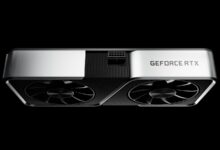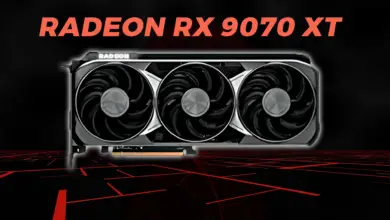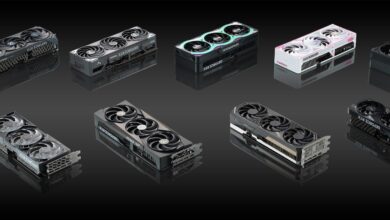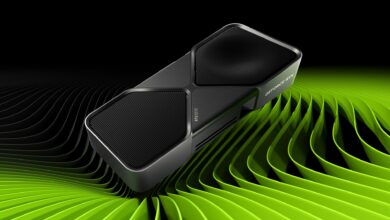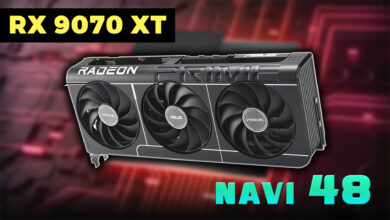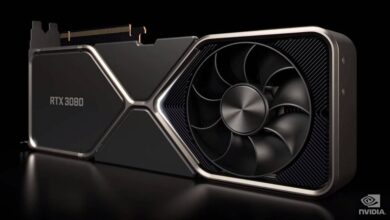A few days ago at Computex, AMD showed its FidelityFX Super Resolution which amazed fans across the world. It is indeed a great alternative to the Nvidia DLSS and can improve the performance of games without compromising much on the graphics quality.
That said, AMD was able to implement the new technique on GTX 1060 and achieved 41% performance improvement as AMD FSR is open-source and isn’t exclusive to AMD graphics cards. Unlike the Nvidia DLSS, it doesn’t work on Artificial Intelligence and works through linear and nonlinear upscaling.
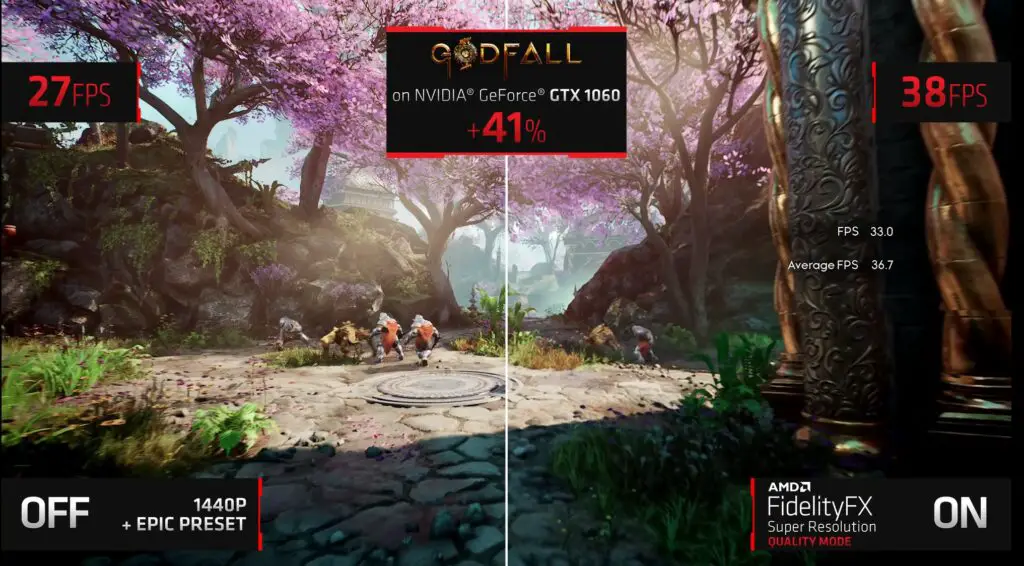
Almost every gamer was happy to see that AMD’s FSR will give every gamer whether AMD or Nvidia GPU user, an option to improve their performance for free. But things have changed a little bit. AMD’s Radeon Vice President and General Chairman Scott Herkelman announced that they aren’t optimizing FSR for Geforce cards. It’s on Nvidia to work on this for the gamer community and AMD just showed that it will work on Geforce GPUs.
Thanks we are very excited to have you all try it out. Just to be clear though – we aren’t optimizing it for GeForce – that will be up to them to do the work on behalf of their gaming community – we just proved it works 🙂
— Scott Herkelman (@sherkelman) June 2, 2021
There are currently 16 games that support FSR that include Far Cry 6, Resident Evil 3, Resident Evil Village, Godfall and similar AAA titles. The game on which AMD tested the GTX 1060 was GodFall and AMD will soon increase the support to many games. It has, therefore, provided gamers with a survey form to let them know to which games they should bring the FSR support.
I too was happy as I own GTX 1080 Ti and filled the survey form but the new update shows that it’s not on AMD anymore and most likely, Nvidia would restrict it because why would Nvidia want gamers to ditch their own DLSS which only works on the RTX 20 series and higher?
However, we hope that Nvidia takes it as an opportunity to work with AMD because it’s the gamers who are benefitting and they will receive a good amount of praise from gamers all around the world. Already, Nvidia isn’t able to keep up with the GPU demand and stopping the new technology on other cards will be nothing except disappointment.

